Graham Moore's 6 favorite books about technology
The Oscar-winning screenwriter of The Imitation Game names his six favorite tech-centered reads

A free daily email with the biggest news stories of the day – and the best features from TheWeek.com
You are now subscribed
Your newsletter sign-up was successful
The Baroque Cycle by Neal Stephenson (William Morrow, about $7.70 per novel).
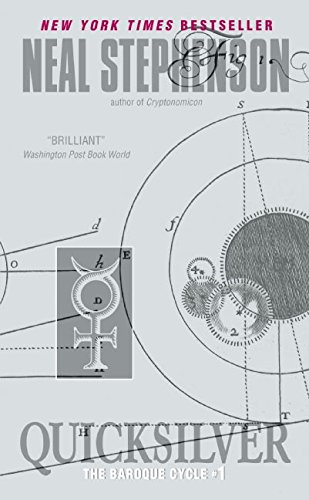
Published in three volumes, The Baroque Cycle follows dozens of characters from 1660 to 1714 in stories as sprawling as the science they depict. A central concern is the late-in-life appointment of Isaac Newton to run the Royal Mint. Stephenson shows that it took a mind as brilliant as Newton's to come up with something we now take for granted: the technology of currency.
Einstein's Dreams by Alan Lightman (Vintage, $15).
The Week
Escape your echo chamber. Get the facts behind the news, plus analysis from multiple perspectives.

Sign up for The Week's Free Newsletters
From our morning news briefing to a weekly Good News Newsletter, get the best of The Week delivered directly to your inbox.
From our morning news briefing to a weekly Good News Newsletter, get the best of The Week delivered directly to your inbox.
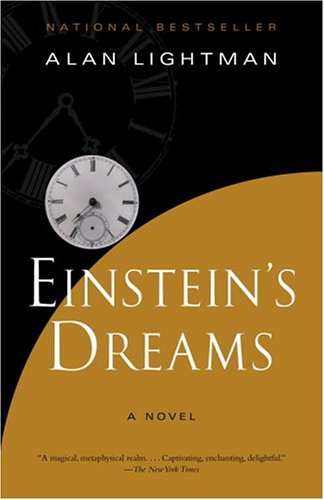
In a series of nonlinear, poetic vignettes, Lightman doesn't just show us what might have been going on in Einstein's head as he thought up the theory of general relativity. He shows us what was going on in his dreams.
The Devil in the White City by Erik Larson (Vintage, $9.89).
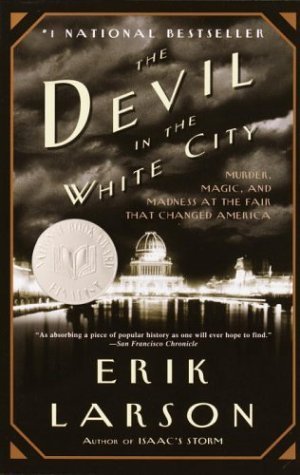
The 1893 World's Columbian Exposition, rendered masterfully by Larson as the backdrop for a serial killer's crimes, unveiled more than its fair share of technologies, including George Ferris' big wheel, spray paint, and Juicy Fruit gum. Larson puts us on the ground in Chicago with a public trying to take it all in.
Pattern Recognition by William Gibson (Berkley, $7.66).
A free daily email with the biggest news stories of the day – and the best features from TheWeek.com
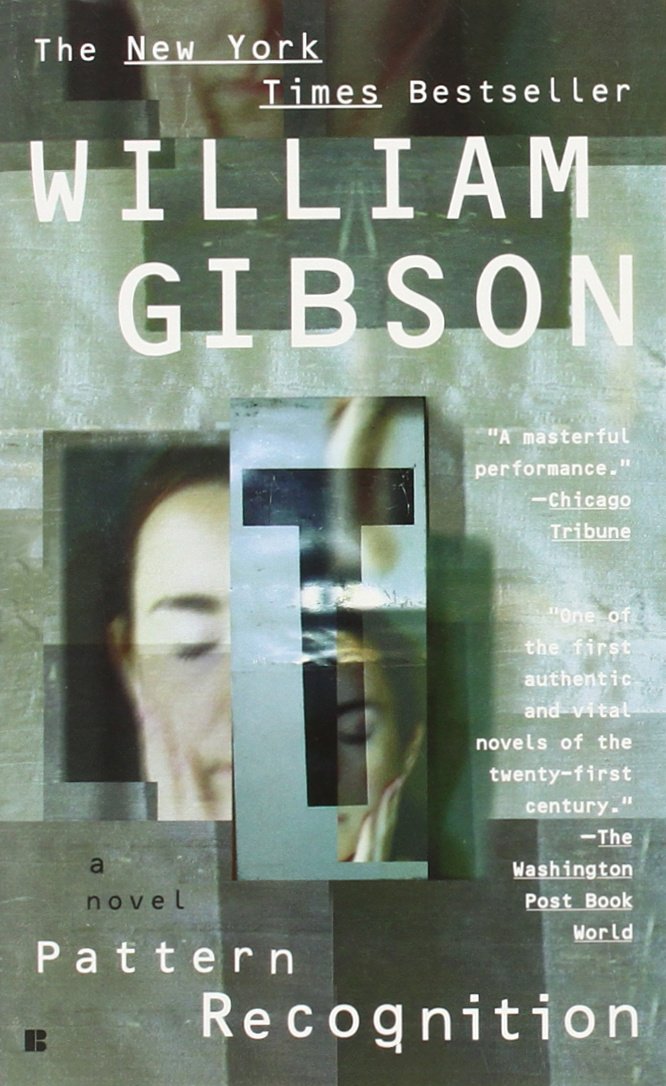
In his 2003 masterpiece, Gibson directed his microscopically precise prose at the present day. He describes the everyday experiences of this moment — jet lag, email, online chat rooms, global branding campaigns — as if they were from the far future, revealing the unique strangeness of the era we live in.
The Cuckoo's Egg by Cliff Stoll (Pocket Books, $17).
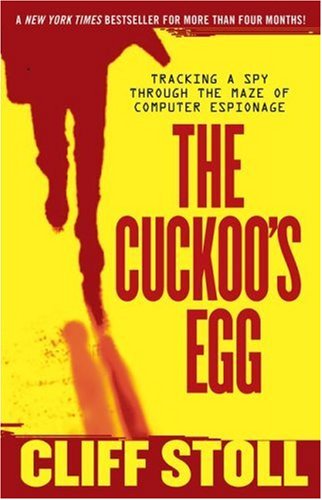
Funny story: The first email I ever sent was a fan letter to Cliff Stoll, who responded a day later with the first email I ever received. In his 1989 memoir, the astrophysicist describes working as a computer systems manager and discovering a hacker breaking into U.S. military systems — a mysterious intruder only Stoll could catch.
Superintelligence by Nick Bostrom (Oxford, $16).
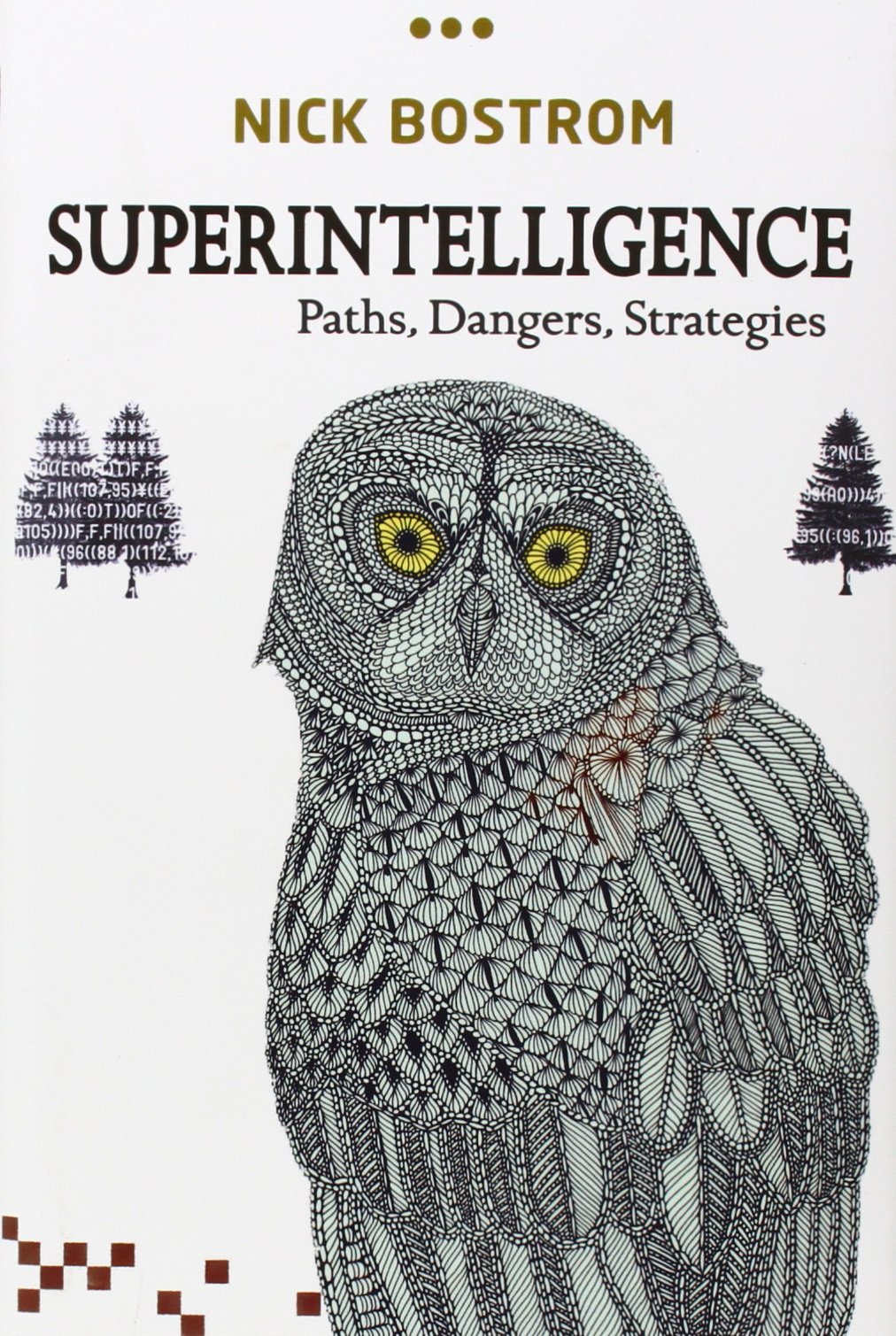
You don't see many best-sellers written by Oxford philosophers — but you also don't see many writers of any background who are as compelling as Bostrom. This is a nonfiction account of AI technology that doesn't yet exist. But, Bostrom assures us, it will soon enough. And we should make our preparations now.
— Graham Moore is the Oscar-winning screenwriter of The Imitation Game. His new novel, The Last Days of Night, revisits an 1888 patent battle that pitted Thomas Edison against George Westinghouse.
-
 Local elections 2026: where are they and who is expected to win?
Local elections 2026: where are they and who is expected to win?The Explainer Labour is braced for heavy losses and U-turn on postponing some council elections hasn’t helped the party’s prospects
-
 6 of the world’s most accessible destinations
6 of the world’s most accessible destinationsThe Week Recommends Experience all of Berlin, Singapore and Sydney
-
 How the FCC’s ‘equal time’ rule works
How the FCC’s ‘equal time’ rule worksIn the Spotlight The law is at the heart of the Colbert-CBS conflict